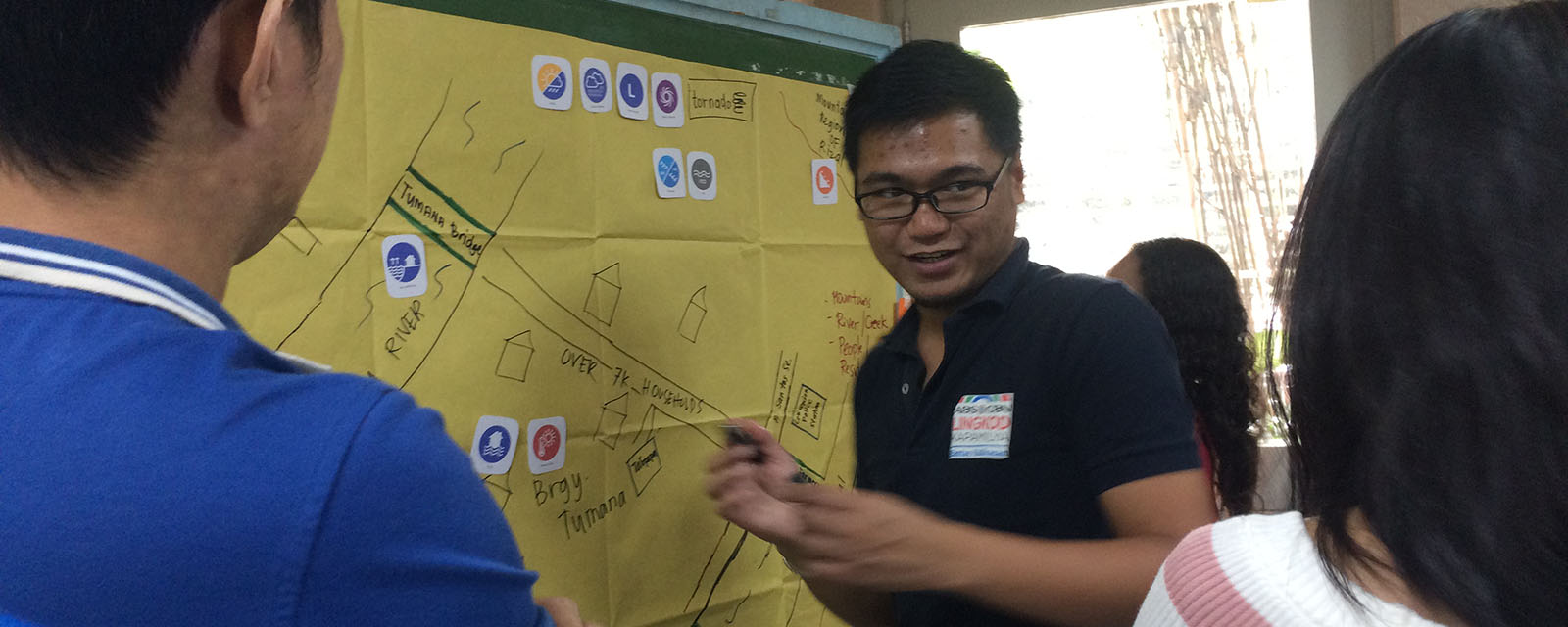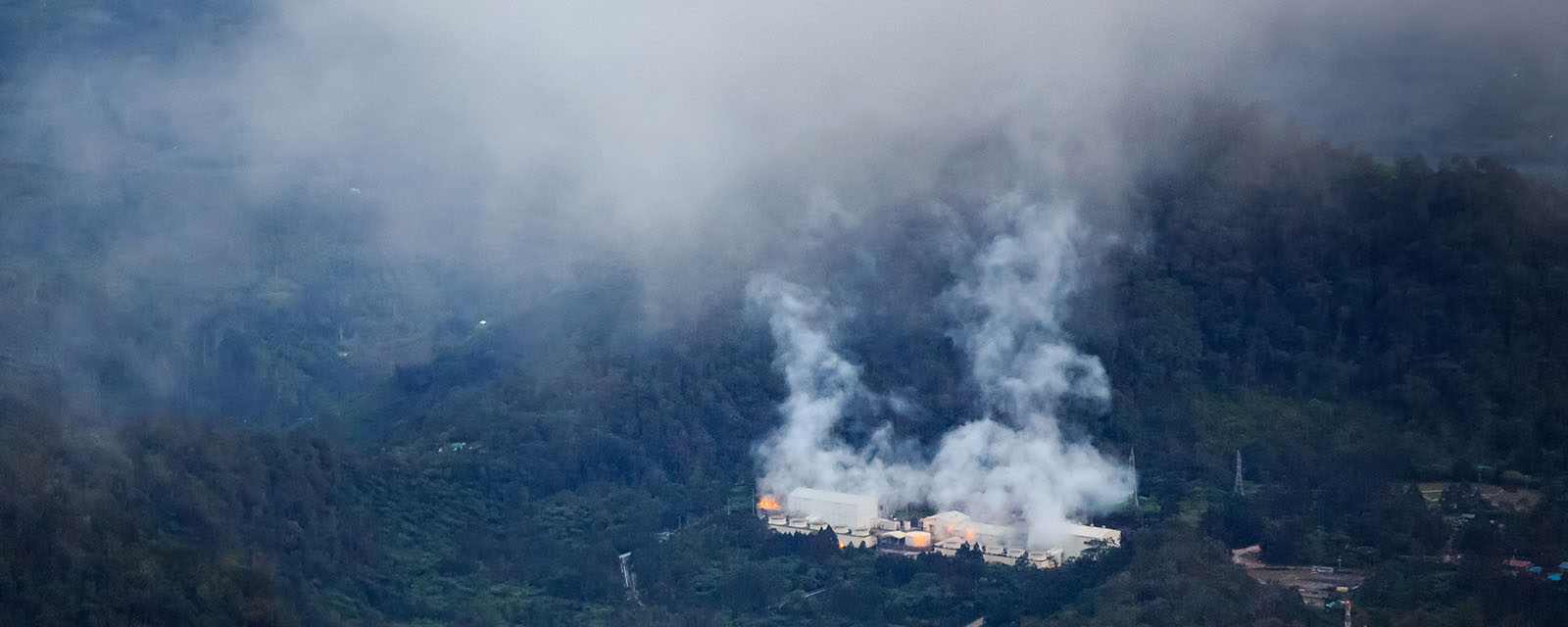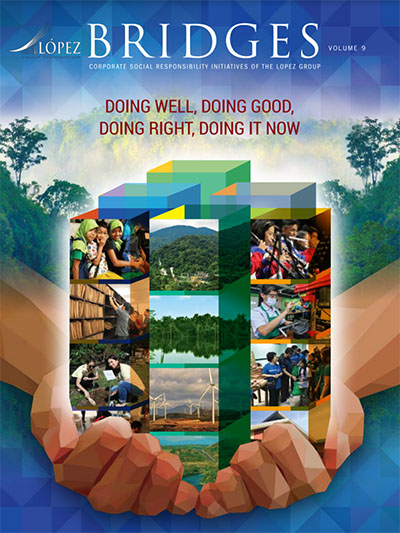Energy Development Corporation (EDC) is taking the next step in its greening legacy by partnering with the Ecosystems Research and Development Bureau (ERDB).
ERDB, the Department of Environment and Natural Resources’ and the country’s leading research bureau in the propagation of native trees, signed a memorandum of understanding (MOU) with EDC on August 20 to commence a five-year partnership for the in-situ conservation and propagation of the most rare and threatened among the company’s BINHI native tree species.
EDC was already able to identify, locate and collect samples of its 96 flagship species and is currently propagating them in its fully automated native tree species nurseries in Negros Oriental, in Antipolo City and soon in its Mount Apo geothermal site in Kidapawan, North Cotabato. As of 2019, it has also planted over six million of these native tree seedlings across the country with the help of its 178 committed BINHI partners.
Still, EDC recognizes the need to continuously work together with like-minded organizations and other experts in forest restoration to strengthen BINHI.
“We can’t green our country on our own and the worst part is, sustaining the current condition of our environment is no longer enough,” said Atty. Allan Barcena, head of EDC’s corporate social responsibility-public relations team that has been spearheading the BINHI program.
“Being able to save the last remaining species in our BINHI list and even propagate them for our future generations through this partnership with ERDB makes it our next necessary step towards regeneration,” added Barcena.
“… ERDB is very much willing to respond to the need to conserve our natural resources by providing full support in developing science based propagation protocols or information on the selected tree species through our research, development and extension centers,” ERDB director Henry Adornado said in his message during the ceremonial MOU signing held via Zoom.
The project coincides with EDC’s current engagement as the International Union for Conservation of Nature’s (IUCN) only local partner in the Philippines. Botanic Gardens Conservation International, the IUCN’s secretariat, selected EDC to be a part of its Global Tree Assessment program to help update the status of 800 Philippine endemic tree species. To date, EDC has already assessed 200 species and the IUCN has updated and published 89 of them in its Red List.

















